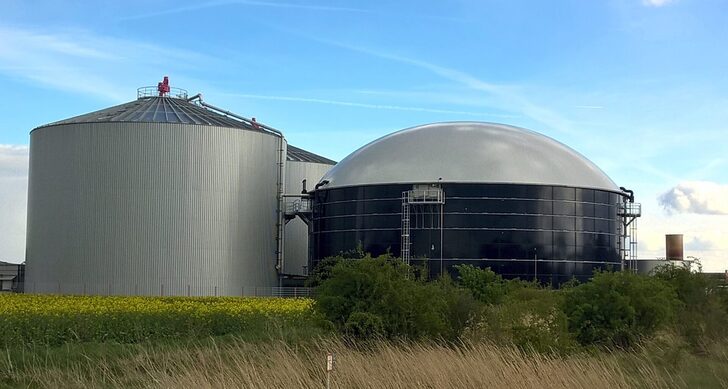"Biogas is gaining significance globally as recycled organic waste replaces non-sustainable fossil fuel sources of energy production. When organic waste is digested in an anaerobic process, the resulting methane – the fuel for energy production – can be heavily contaminated with unwanted substances that can cause corrosion or abrasion. Molecular filtration protects the membranes that clean your biogas before injection along with controlling the engine corrosion and abrasion with adsorbents in leak-free housings" Source Camfil Canada
As climate change and environmental issues grow more critical, Segment Leader for Molecular Filtration, Victor Rengel, shares his guidance. He outlines the innovation of biogas, its positive impact on Canada, and how biogas processes can be optimized to be as effective as possible.
Canada is the world’s sixth largest producer of electricity, with 8% of generated electricity being exported to the U.S. Residential, commercial, industrial, transportation, and agricultural sectors all share in the intensive demand for Canadian electricity1. As Canada contributes heavily to electricity generation and exportation, the country is looking towards implementing more renewable sources of energy at a large scale. This is particularly important as governments within Canada continuously fail to meet the nation’s climate targets, despite the country warming up at twice the rate of the rest of the world2.
What is Biogas and How Can it Be Converted to Energy in Canada?
Among innovations like hydropower, solar energy, and wind energy, biogas is an important solution in creating a cleaner, greener planet and is the third fastest growing renewable energy source in the world. Segment Leader for Molecular Filtration, Victor Rengel, states that biogas “contributes to the diversion of organic materials, resulting in benefits like fewer greenhouse gas emissions, a reduced need for fossil fuel energy sources, the production of digestate which returns organic matter to the soil and also...

